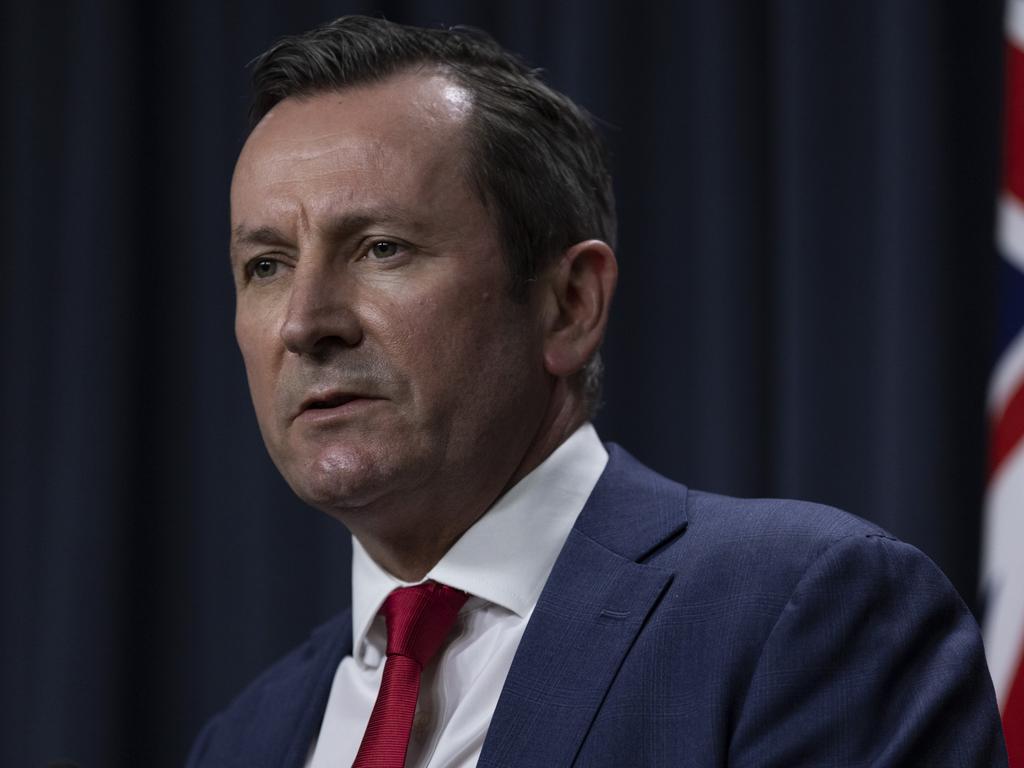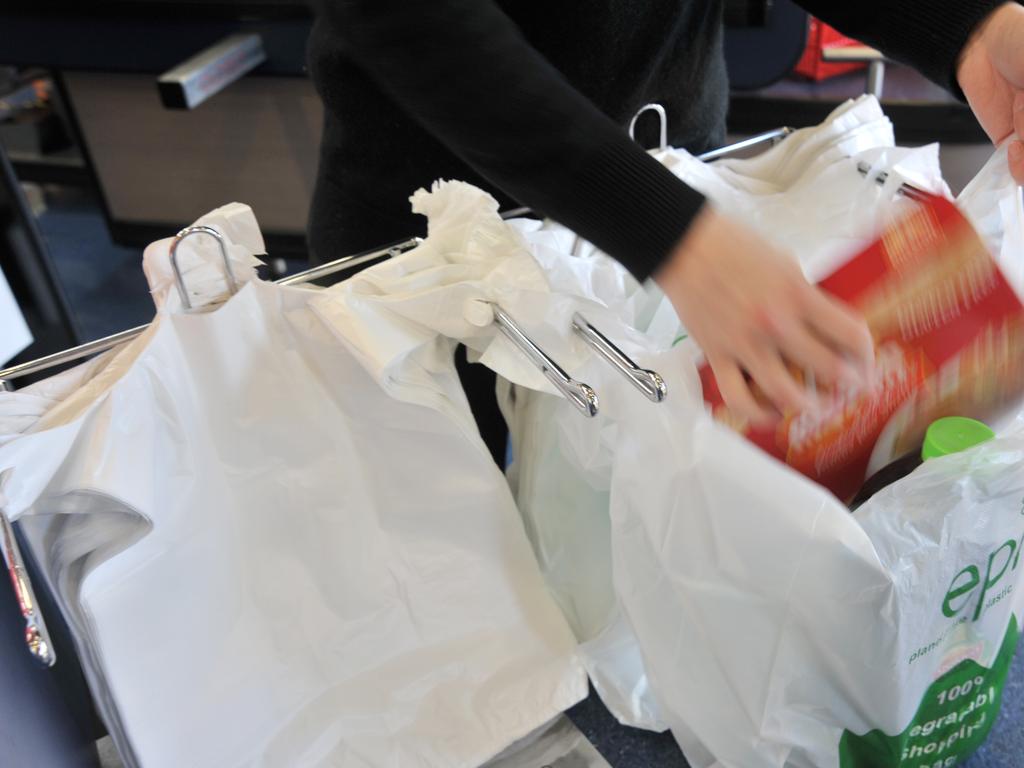WA to be first state to phase out plastic takeaway coffee cups and lids
The cost of your daily coffee could be increasing after a big change for cafes and other retailers in one state.
Western Australia is set to become the first state to phase out plastic takeaway coffee cups and lids, but it could lead to an increase in the cost of your daily coffee.
Produce bags, cotton buds with plastic shafts, polystyrene cups and microbeads in beauty products will also join the banned list in February.
It is all part of the McGowan government’s second stage of outlawing single use plastics.
There will be transition periods of between six and 18 months, depending on the product.
Community consultation sessions are now underway.
The first stage of WA’s plastic ban has been enforced since July, banning nine items including plates, cutlery, drinking straws, thick plastic bags and balloon releases.

A consultation paper found people in WA use 182 million coffee cups per year and coffee cups were found to be one per cent of littered items, amounting to more than one million cups in the environment each year.
An estimated 68 per cent of takeaway cups are served with lids, equating to more than 120 million lids used in WA per year.
Under the changes, takeaway coffee cups could be replaced with reusable “keep” cups, “swap-and-go” schemes or disposable, paperboard-lined cups.
Takeaway coffee cup lids will be made from either paper or bagasse, which is a by-product of sugarcane.
It is estimated the cost of low-plastic coffee cups is 30 per cent higher than the plastic-lined products.
That means the price of coffee could increase slightly if retailers pass on the extra cost to customers.
“The state government expects some compliant alternative products may cost more initially, but it will typically only be approximately seven cents per coffee,” a government spokesperson said.
“Economies of scale are expected to put downward pressure on costs longer term.”

Meanwhile, a ban on plastic cups for cold drinks begins on Saturday.
Australian Retailers Association chief executive Paul Zahra said the industry was committed to being a part of the solution and welcomed the discussion paper on the next batch of items to be phased out in WA.
“The most critical thing is that businesses are given adequate notice and are properly consulted so they can take the necessary steps to source more sustainable products to replace the single use plastics that are being phased out,” he said in a statement on Tuesday.
“This is particularly important for the state’s small businesses, who may have limited resources when it comes to sustainability and require additional support to continue with their transition away from single use plastics.”

Other states and territories are implementing their own programs but none are as advanced as WA.
For example, plastic straws, stirrers, cutlery, bowls, plates and expanded polystyrene food containers will be banned in NSW from November 1.
Mr Zahra said the industry was left with a complex timeline with different products being phased out at different times across the country.
“For retailers that operate in multiple jurisdictions, this is a headache they could do without,” he said.
“Ideally, we’d like to see the federal government bring together industry, community and the states and territories to develop a national framework with a mutually agreed timeline for the phase out of single use plastics that everyone can operate with.”




